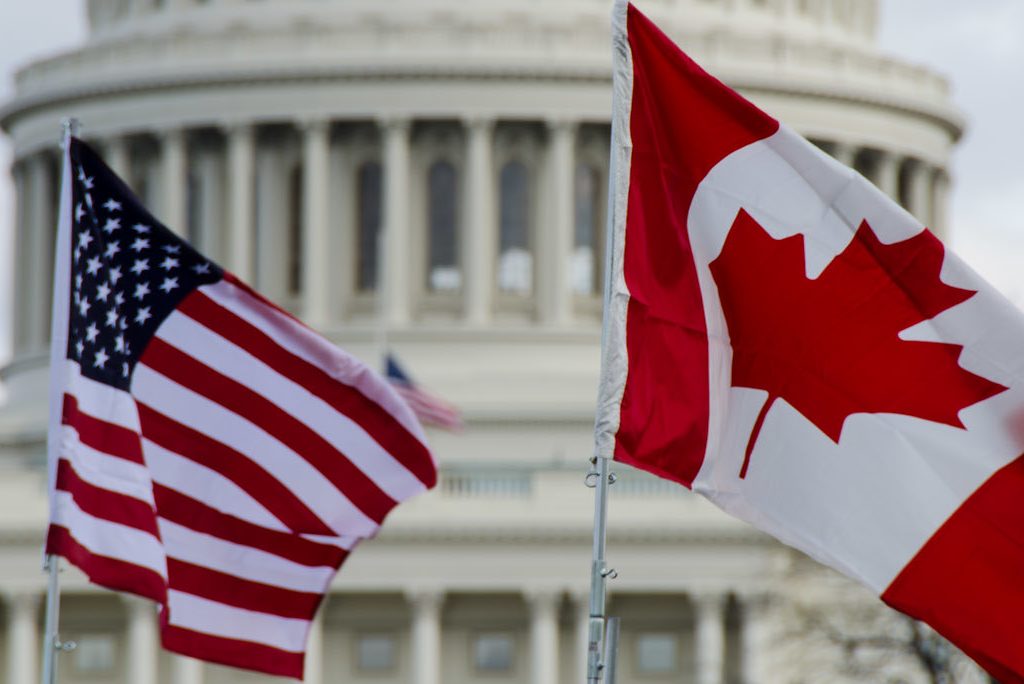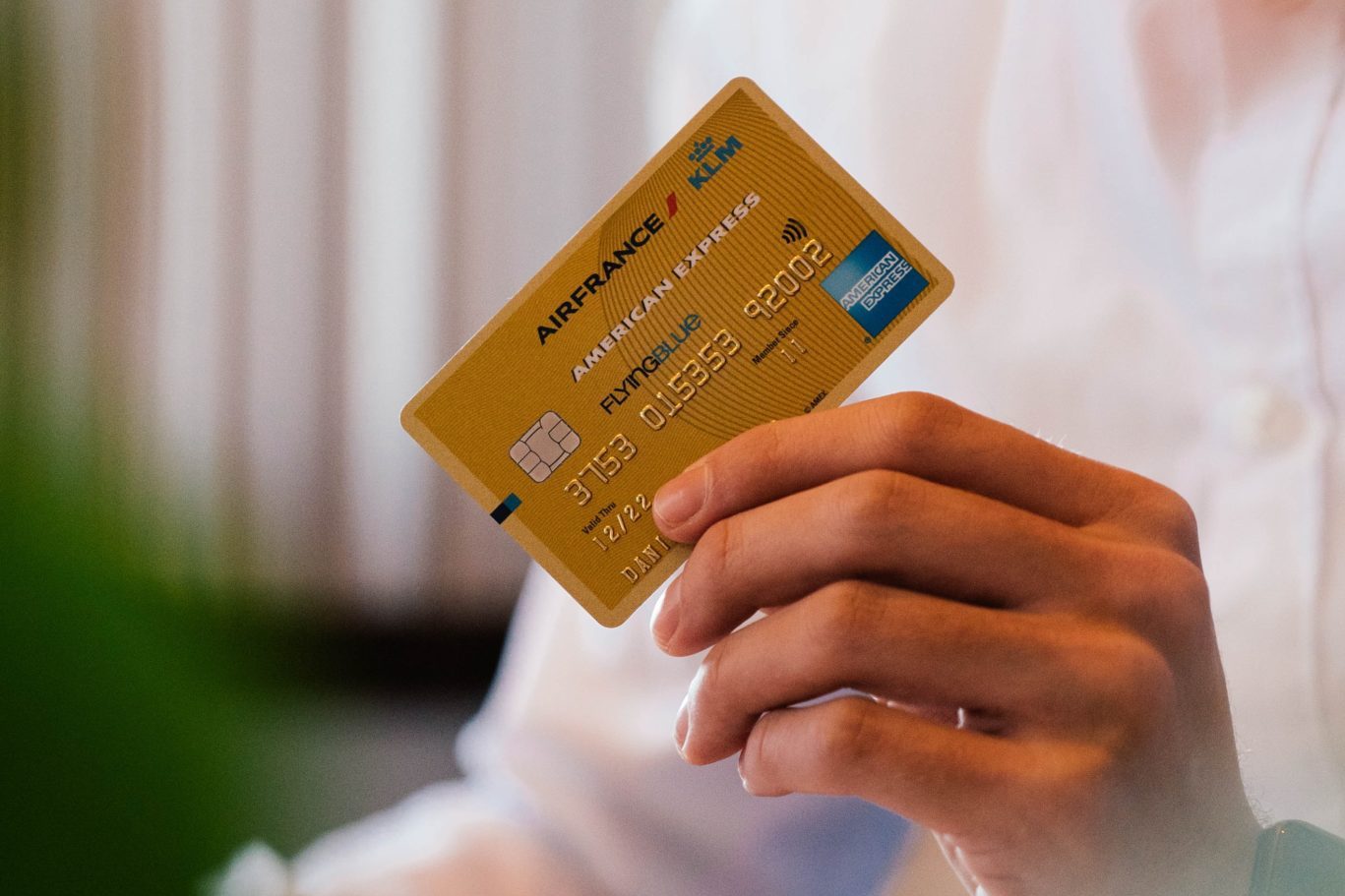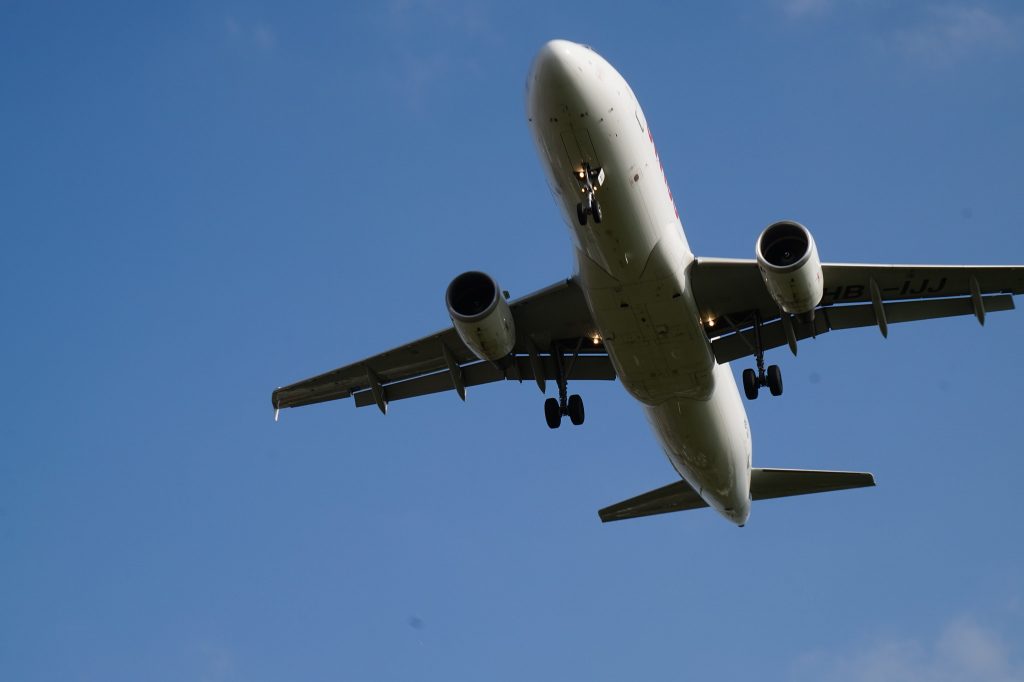Sri Lanka’s Renewed Tourism Hopes Crushed by Doubts in Biggest Source Market

Skift Take
Plagued by a series of setbacks dating back to pre-Covid times, Sri Lanka’s tourism prospects had just started looking up, but that recovery may now be short-lived.
Faced with what is said to be the worst economic crisis in the country, Sri Lanka has been witnessing a spate of anti-government protests against worsening shortages of food, fuel and medicines amidst record power outages. Following a curfew and declaration of a state of emergency, a social media blackout in the country occurred on Sunday.
However, reassuring tour operators and visitors to Sri Lanka in a communication dated April 4, a copy reviewed by Skift, tourism secretary S Hettiarachchi wrote that the tourism ministry would work to ensure an uninterrupted supply of fuel and power to tourism establishments.
“We will ensure the successful delivery of the holiday experiences expected by the tourists visiting Sri Lanka over Easter period and beyond," he said.
However, travelers and travel companies of Sri Lanka’s largest inbound market — India — realize they are walking a tightrope. As a result, the search is now on for alternative destinations.
SOTC Travel, which is active across various travel segments, including leisure travel, observed that Indian customers are opting to reschedule their travel plans, with several of them instead opting for short-haul destinations like Dubai, Abu Dhabi, Maldives, Singapore, Malaysia, Thailand and Nepal.
“The island nation is a favourite of Indian consumers and with easy access and a delightful diversity, we do hope to see an improvement and revival,” hoped Daniel D’Souza, president and country head — holidays, SOTC Travel.
According to a PTI report, Air India has cited poor demand for reducing its India-Sri Lanka services from 16 flights per week currently to 13 flights from April 9.
One of the biggest travel trade associations in India — the Travel Agents Association of India (TAAI) — is scheduled to host its 66th convention in Colombo from April 19-22.
A grand event was organised in Delhi last month to announce the convention with members from the Sri Lanka Association of Inbound Tour Operators (SLAITO) also in attendance.
However, TAAI said that the convention is now in limbo because there isn’t much clarity on how things would be proceeding following the current situation. “We are in touch with the Sri Lankan Tourism Promotion Bureau, SLAITO and the Indian High Commissioner in Sri Lanka and plan to take a call in a couple of days,” said TAAI president Jyoti Mayal.
While Mayal acknowledged that the tourism board has assured them that tourists are welcome to the country and that the agitation is concentrated only in certain pockets, she said it’s imperative to understand the ground reality before moving on.
A little more than a year ago, when countries around the world were exercising caution, maintaining strict border control to keep tourists out, Sri Lanka was one of the few destinations that welcomed tourists to its shores, sans quarantine.
The destination managed to reap the benefits of this early opening.
In March 2022, tourist arrivals to Sri Lanka crossed the 100,000-mark for the first time in two years, taking the tourists arrivals from January-March to more than 280,000. This meant that tourist arrivals in the first three months of 2022 had exceeded the 2021 arrival mark, which stood at 194,000.
In 2019, Sri Lanka’s inbound tourist arrivals stood at 1.9 million, registering a decline of 1.8 percent since 2018. Tourism was the third largest foreign exchange earner for the country in 2019 with official tourist receipts estimated at $3.6 billion, compared to $4.3 billion in 2018. Leisure travel formed a major chunk of these arrivals accounting for almost 83 percent of the inbound numbers.
India had been Sri Lanka’s biggest source market before Covid and continued to remain so even post Covid. In 2019, tourists from India represented the largest number of international arrivals with a percentage share of 19 percent. UK came second and China was a close third.
However, the current political turmoil in the country coupled with the economic crisis threatens to cripple the tourism industry. And travel companies are wary.
Thomas Cook (India) said it’s been in touch with its on-ground customers and is simultaneously coordinating closely with their local destination partners and airlines - to make arrangements for the safe passage of customers back to India.
“Our teams have also ensured that all customers, including corporate clients, holding bookings with us for immediate or future travel to Sri Lanka this month have been updated on the ongoing situation,” said, Rajeev Kale, president and country head, holidays, meetings, incentives, conferences and exhibitions, visa - Thomas Cook (India).
Kale also mentioned that they would continue to stay in constant touch with local authorities and partners as they assess the situation on an ongoing basis to best advise their customers.





